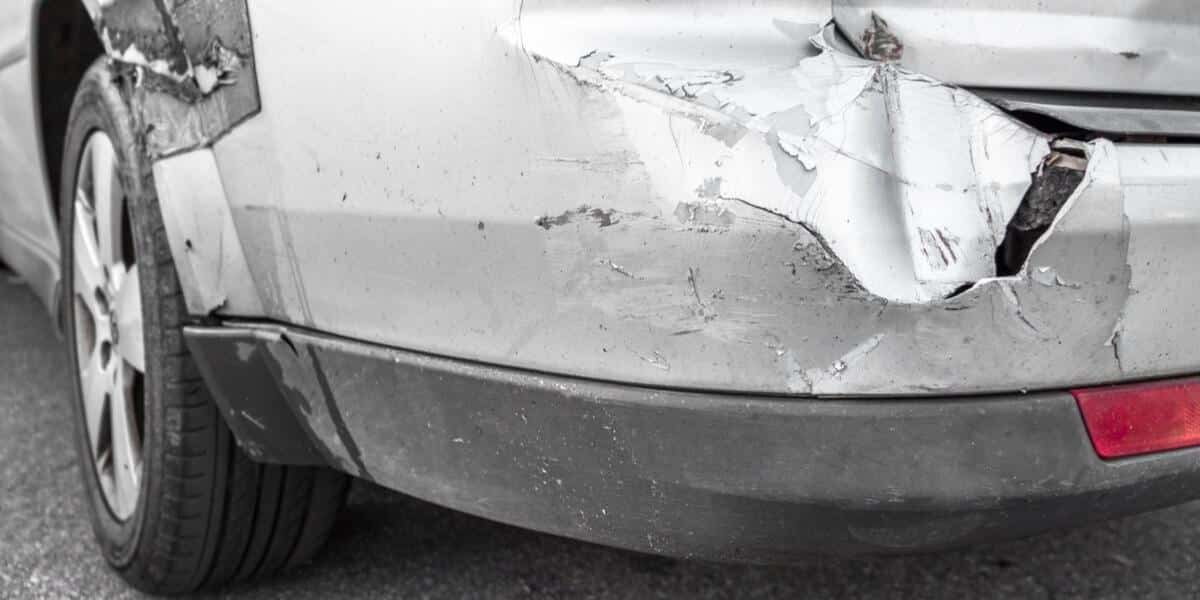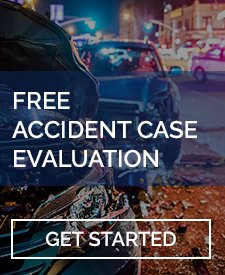Rear-end accidents are among the most common type of road collisions. They make up more than a quarter of car accidents. Suing someone over a rear-end collision depends on a number of factors. It’s not necessarily a done deal, and Florida’s rear-ends collision settlement numbers aren’t all the same.
Florida is a no-fault state. This means when you file a claim for a rear-end accident, there’s no need to prove the other driver is at fault. You can collect damage recovery regardless. This protects the driver who is at fault but also makes collecting damages from insurance companies easier and faster.
It doesn’t matter who’s at fault when it comes to your Florida personal injuries. Your insurer covers these regardless.
Financial Compensation
This means that in many rear-end accidents, your vehicle’s insurance policy is your primary source of financial recovery. The insurance company will still need to investigate to verify vehicle damage, property damage, and personal injuries.
It’s harder to sue in a no-fault state simply because many of the issues you would sue over are simplified. The burden is placed on insurance companies to follow through on elements of insurance coverage.
Where you would sue is if there was property damage that wasn’t addressed by insurance, for example, if you missed work or your injuries resulted in additional medical costs. Extensive property damage, lost income, or medical bills that go uncovered all fall under the category of tangible losses. That means you can measure them with a monetary amount. These are also known as economic damages.
You can also sue for intangible losses. This includes pain and suffering and reduced quality of life. If the result of the accident had a heavy emotional or physical toll on your well-being, these would count as intangible losses. These are non-economic because they can’t be measured directly with a monetary amount. A lawsuit involving them would still name an amount, however.
Proving Emotional Toll
Tangible losses are easier to prove than intangible losses because they come with a bill. They’ve already been assessed by a third party. A court may choose to include or throw out certain economic factors, but you’ll always be able to calculate what that means.
Intangible losses include an impact on your day-to-day life that is difficult to measure. The court will only choose in your favor if you can do a capable job of proving these. That can include an extended recovery time, changes in life as a result of the accident, loss of ability, pain and suffering, loss of enjoyment of life, and loss of opportunity, just to name a few. The more you can prove these, the more successful a suit including intangible losses can be.
Cases that don’t involve injury may see a few thousand dollars in compensation but are generally not very large. Cases that do involve injury tend to see much larger amounts in compensation, whether through rulings or settlements. Neither is guaranteed. Just like anything in court, they both need to be supported through evidence. That evidence includes documentation usually supporting both tangible and intangible losses that reinforce each other.
Documentation
Not all documentation is financial. You may have kept notes of your recovery yourself. You may have evidence of both extended physical and psychiatric therapy. A relationship with a loved one may have worsened. You may have lost a job, been denied a promotion, or been passed over for consideration for a job elsewhere due to your injury. You may face a disability as a result of the accident.
Only claim what you can document and prove. Distress and anguish are real, but if you come to court without evidencing them then the court can’t assess them. It’s the court’s job to make an assessment of financial compensation based on the evidence it can see. Facing such things is difficult, which is why a professional is needed for any lawsuit involving a vehicle accident. A personal injury lawyer can guide you through all the necessities, and ensure that your case is strong and your struggle is properly evidenced.
Understand that many rear-end accidents that result in a court case may be settled out of court. The value of a Florida rear-end collision settlement will vary depending on circumstances. Settlements are only taken when they’re a very good option; they’re often an indicator that someone doesn’t want to go to continue with a court case because they think they’ll lose. Your lawyer will ensure that you have a strong advantage in any settlement and that you only accept what is beneficial to you.
Let a Lawyer Assess Your Case
You really don’t know how strong your case is without meeting with a lawyer who specializes in traffic collisions, including rear-end accidents. It may be stronger than you think or it may need an element of documentation that hadn’t occurred to you yet. Every case is different.
The LaBovick Law Group has decades of experience when it comes to assessing the strength and monetary value of rear-end accident lawsuits. We will help you evaluate your case and calculate your damages in an accurate way. This gives you a much better picture of what your lawsuit may be worth and what still needs to be done to evidence it in court. Contact us today.





